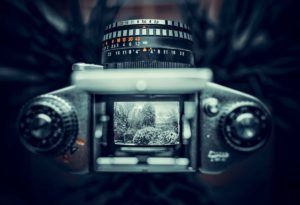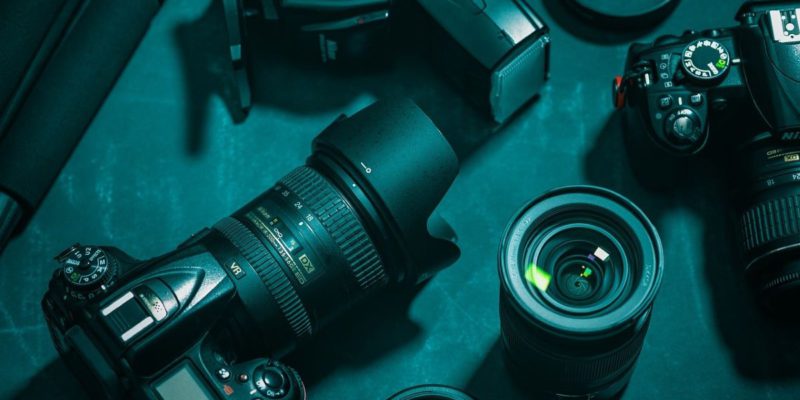The Art of Photography
The Art and Science of Photography
Photography is more than just the act of taking pictures; it’s an art form that allows us to capture and preserve moments in time. From the earliest days of film to the modern digital camera, photography has continually evolved, offering new tools like the advanced option such as the Leica digital camera for both amateurs and professionals. We will explore the different aspects of photography, including the technological advancements in cameras, the artistic elements of capturing the perfect shot, and tips for improving your photography skills.
The Evolution of Photography Technology
The journey of photography technology is a fascinating one, marked by constant innovation and improvement. In the early days, photography was a complex process, requiring large, cumbersome cameras and long exposure times. The invention of film cameras revolutionized the industry, making it easier and more accessible for people to capture images. The transition from film to digital cameras marked a significant leap forward in photography. Digital cameras, with their ability to instantly capture and store images, have transformed how we approach photography. The integration of high-quality cameras into smartphones has further democratized photography, allowing virtually anyone to take and share photos effortlessly.
The Artistic Side of Photography

While technology plays a crucial role in photography, the art of capturing a compelling image goes beyond just having the right equipment. Photography is about seeing the world differently and using your camera to tell a story or convey an emotion. Composition, lighting, and perspective are key elements that can make or break a photograph.
Understanding the rule of thirds, experimenting with depth of field, and playing with light and shadow are just a few techniques that can elevate your photography. Whether you’re shooting landscapes, portraits, or still life, thinking creatively and paying attention to detail can help you capture images that resonate with viewers.
Improving Your Photography Skills
As a photographer, it’s crucial to remember that continuous improvement is key, regardless of your skill level. To enhance your photography skills, regular practice is essential, as it helps you become more familiar with your camera and improves your composition skills. Understanding and mastering your camera settings, such as ISO, shutter speed, and aperture, will provide you with greater control over your images. Additionally, studying the work of other photographers can offer inspiration and teach you new techniques. Experimenting with various photography genres, from landscape to portrait to street photography, can lead to self-discovery and unique expressions. Finally, while post-processing is valuable, it’s important to edit your photos carefully to avoid compromising their authenticity.
The Future of Photography
As technology advances, the outlook for the future of photography appears bright. Artificial intelligence (AI) is already making its mark, with smart cameras that can recognize scenes, track subjects, and adjust settings automatically. The rise of computational photography, which uses algorithms to enhance images, is pushing the boundaries of what’s possible with a camera.
Virtual reality (VR) and augmented reality (AR) are also beginning to influence photography, offering new ways to capture and experience images. As these technologies evolve, they will likely open up new possibilities for photographers to explore and create.
Photography is a dynamic blend of art and science, constantly evolving with new technologies and creative techniques. Whether you’re using a high-end DSLR, a smartphone, or a vintage film camera, the principles of photography remain the same: capturing moments that tell a story. By honing your skills, staying curious, and embracing new tools, you can continue to grow as a photographer and create images that leave a lasting impact.

